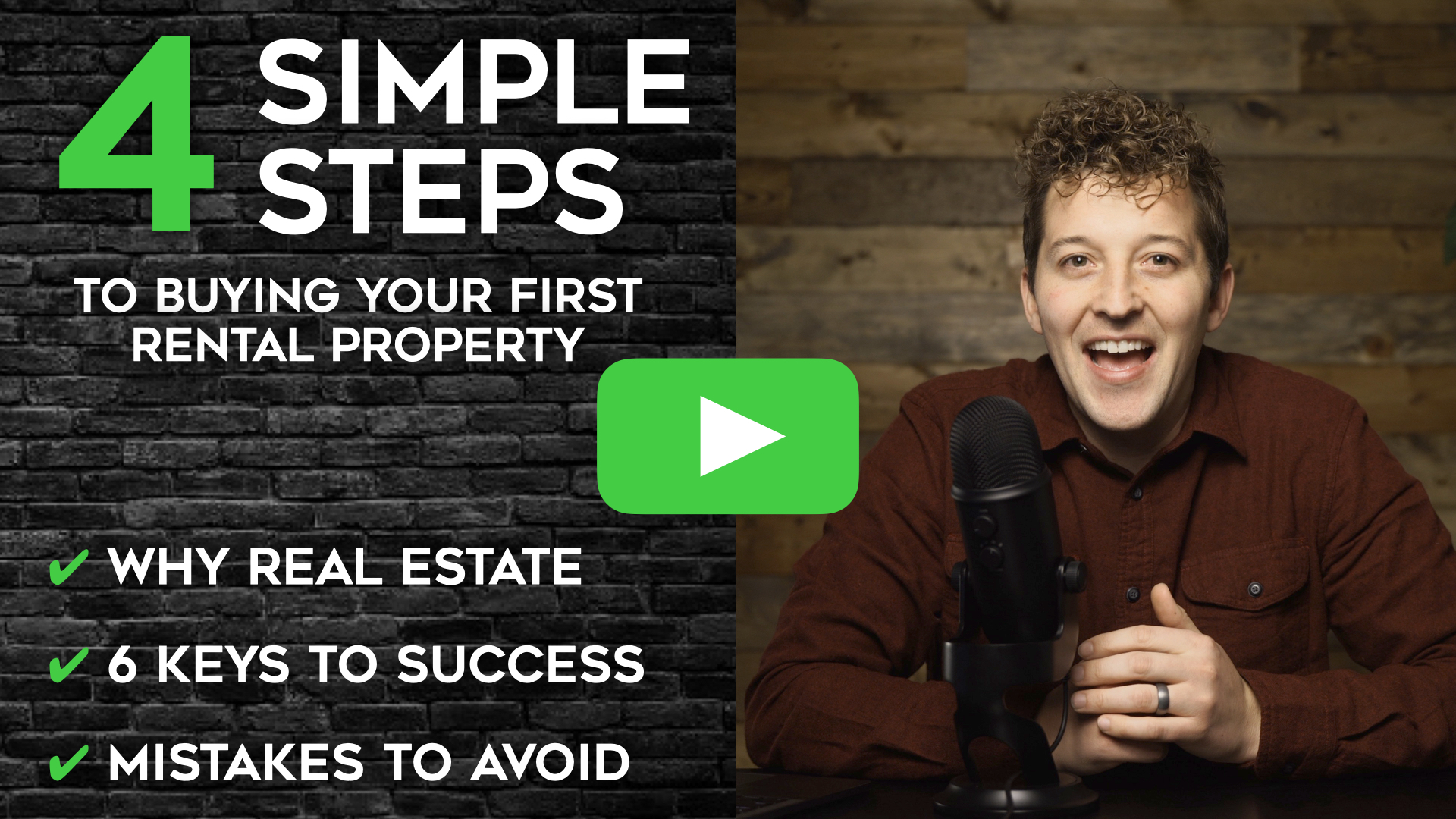Hopefully you read the first part of this post. In that section we cover the most common types of loans and funding sources for real estate deals. In this post we’ll go over the less common ways to fund a deal. This isn’t a completely exhaustive list, but it covers all the common and the most common, uncommon ways to fund your real estate deal. Let’s go:
FHA Loan
None of the loans we’ve covered so far are backed by the government. When a loan is backed by the government it means that the government insures or guarantees the loan. If a bank issues a government backed loan, they have a promise from the government that they WILL get paid.
The government wants to make home ownership more attainable for its citizens because home ownership leads to a prosperous and healthy economy and nation. There are a few loans where the government basically says to the bank, “hey, offer this riskier loan to less-qualified people so they have a chance and we’ll make sure you get paid.”
The most common and most readily available government backed loan is called an FHA loan. FHA stands for Federal Housing administration. The FHA doesn’t provide the loan or lend money, they’re just the government agency that insures or guarantees the loan.
FHA loans allow you to buy a property with as little as 3.5% down. That’s even better than the 5% down required for a conventional owner occupied loan. To make it even better, you can do 3.5% down on ANY residential property (up to 4 units).
To qualify for a 3.5% down FHA loan, you only need a credit score of 580 which is much easier than the 620 required by a conventional loan. You can even get an FHA loan with a credit score below 580, but you’ll have to do 10% down instead of 3.5%. If you have TERRIBLE credit, an FHA loan makes home ownership attainable.
Less Common Loans
Let’s go over some of the less common loans. Some of these loans are situational and only apply to specific people or situations, others are just impractical or difficult to implement, but common enough that you may have heard of them, and we want to address them briefly.
USDA Loan
The USDA is the United States Department of Agriculture. The USDA insures loans just like the FHA, but with USDA loans, you can buy a property with 0% down! Yep, 0% down. Sure, you’ll have to cover a few thousand dollars in closing costs, but the loan itself is 0% down.
The catch here is that only certain properties and certain people are eligible. The property needs to be in a rural area. Check out this map to see the ineligible area. It’s honestly pretty surprising what’s considered rural. If you’re willing to live 15-20 minutes away from the main highways and shopping areas you might be in a place that’s eligible for a USDA loan.
The house must be a personal residence that’s ‘modest in size’. On top of the property requirements, there is an income limit. If you make too much money, you won’t qualify. You have to be an average or below average earner. This means no more than 115% of the median income for your area.
USDA loans are super attractive loans designed to help lower income people afford a starter home in affordable rural areas. You can’t buy a rental property directly with this loan, but you could buy a modest home for yourself, move out a year later and keep it as a rental. With 0% down, you really can’t beat it. Similar to FHA loans, USDA loans a government version of PMI. You’ll pay extra fees up front that get wrapped into the loan and you’ll have an annual fee similar in cost to PMI. If you think you might qualify for a USDA loan based on your income, and you’re willing to live in an eligible area, you should definitely check out USDA loans.
VA Loan
The US department of veteran affairs, or the VA, offers super attractive loans that are only available to active and retired military personnel or the surviving spouse of a veteran. Va loans are also a 0% down loan option, but without restrictions of a USDA loan.
You have to occupy the property, but you can use it to buy any residential property up to 4 units. VA loans have an upfront fee added to the loan at closing, but they don’t have an annual insurance or guarantee fee like USDA and FHA loans. If you’re an active or retired member of the military, a VA loan is definitely your best option. In fact, VA loans are probably the most attractive loan available, period. If you can get it, get it.
203k Loan
A 203K loan is actually a subset of an FHA loan. Lots of the same rules and benefits of FHA loans apply including a 3.5% down payment and flexible credit requirements. 203k loans allow you to wrap needed repair costs into your loan balance. The catch is that you’ll have to do a lot of paperwork to get this loan, and no DIY work is allowed. Any repairs need to be done by a licensed contractor who will be paid directly by the lender. Just like FHA loans, you have to live in it. But if you have a Fixer upper and you’re willing to go through a more tedious loan process, this might be a good option to look into.
Seller Financing
Instead of using a bank to finance your purchase, you have the seller act as the bank for you and pay them for their property over time. There are no set requirements on how a seller financed deal is structured, it’s up to you and the seller. If a seller wants a steady stream of income rather than one lump sum they might be interested in seller financing.
Subject to
Similar to seller financed deals, this is another creative finance option that allows you to buy a property without having to qualify for a loan or go through a traditional lender. Subject to deals are usually distressed sellers who are behind on their mortgage payments or they need to sell their house, but the market won’t pay what they need to pay off what they currently owe on it.
As the buyer you would come in and assume the current loan. You typically don’t inform the lender, but you take over the mortgage payments and often will give the seller a small amount ($5,000-$20,000) upfront for the property. You are also responsible for catching up on the mortgage payments if the seller is behind on their payments, although you should have everything in writing before moving forward with a subject to deal.
Hard Money Loan
A hard money loan is a short term, high interest loan backed up by a hard, physical asset, a.k.a. A piece of real estate. Hard money loans are usually given out by individuals or small corporations. They have a short qualification process and can be obtained quickly. Hard money loans typically have high interest rates between 10%-15%.
Conclusion
There are other ways to finance your real estate deal, but these are the most common (and the most common, uncommon) ways to finance your deal. I hope this was helpful, if you need more help to decide which is the best option for you, watch our free training and book a free consultation. We’d love to offer some insights into your specific situation.
Your real estate coaches,
Dallas & Greg




